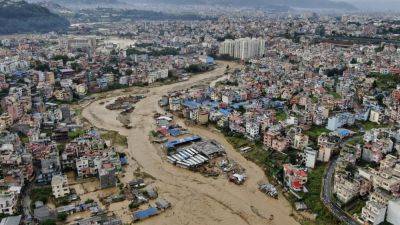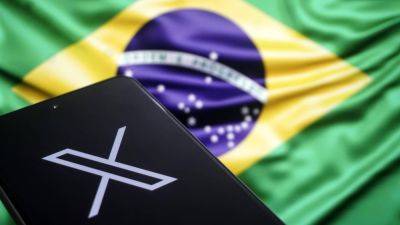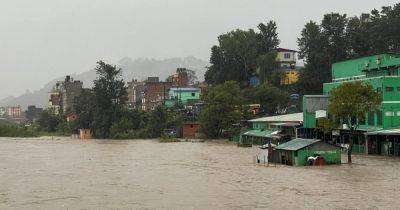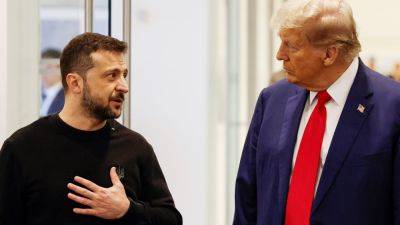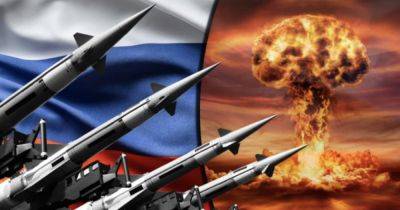Will Nasrallah’s killing drive or deter a wider Mideast war?
Israeli Prime Minister Benjamin Netanyahu has claimed a major victory following the assassination of longtime Hezbollah leader Hassan Nasrallah, saying it would change “the balance of power in the region for years to come.”
This may be going further than the circumstances warrant, however. Certainly, the killing of Nasrallah is a remarkable personal victory for Netanyahu, who ordered the strike so he could claim direct responsibility for the action.
And it goes a long way toward restoring the Israeli public’s faith in Netanyahu as a security guarantor for Israel. But there are many questions that now follow this action. Will Israel, for example, launch a ground invasion against Hezbollah in Lebanon?
If it does, it would certainly find Hezbollah at its weakest point because of the destruction of its communications network in the Israeli attack on its pagers and walkie-talkies earlier this month.
Israel has also killed eight of Hezbollah’s nine most senior military commanders and about half of its leadership council.
To ensure this is a lasting victory, Israel really needs to follow up somehow. It needs to take the opportunity of Hezbollah’s disarray to destroy as much of the organization and its arsenal of 150,000 missiles, rockets and drones as it can.
By the same token, Hezbollah would certainly be able to inflict serious losses on Israeli ground forces if they go into southern Lebanon, not least because Hezbollah is reported to have an extensive tunnel network in the border area.
And Hezbollah is a large organization that claims to have as many as 100,000 fighters, though US intelligence believes it’s probably somewhere closer to 40,000–50,000. Even so, that is a formidable number of militants.
Hezbollah, however,


